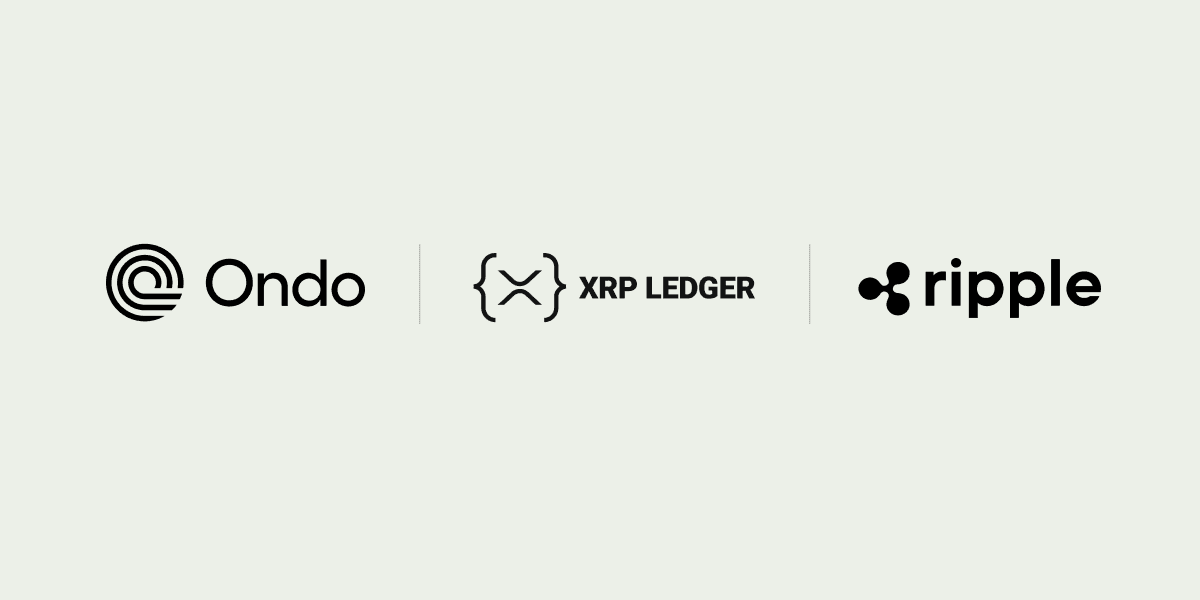A new report from Boston Consulting Group (BCG) presents robust predictions for the payments industry. They suggest that industry growth will generate $870 billion in revenue between now and 2025, based on their information over the last several years. In 2015, BCG reports that payments industry revenues reached $1.1 trillion, a number that is expected to exceed $2 trillion by 2025.
BCG: Corporate treasurers now expect banks to behave like tech companies. Tweet This
With so much revenue at stake, BCG’s report offers their insight on the three main forces that are shaping the payments industry:
Technological advances
Customer expectations and behavior
Regulatory initiatives
First, technological advances like cloud computing, APIs, and blockchain are enabling faster transaction processing and revolutionizing data and service delivery. These technologies have had significant impact in payments and purchasing already, and will continue to do so in the future.
These technological leaps have led to a condition the report calls “the Uberization of the settlement cycle:” a seamless reconciliation process in a bilateral marketplace, where payments are made in real-time, with data transmitted along with funds. Payments providers are struggling to offer on-demand service on the same level as the popular ride-sharing app. Although the technology exists, deploying it industry-wide is its own task.
This Uber-style seamlessness and on-demand service is the defining characteristic of the second force shaping payments: customer expectations and behavior. Customers have been trained by service providers like Google and Apple to expect end-to-end transparency, speed, and convenience in their digital services. Payments are one of the last costly and slow experiences for which people are willing to pay and wait. BCG’s research shows that customers are open to new payment types and form factors in order to achieve a better experience.
This is true of individuals as well as corporates, according to BCG. Corporate treasurers are increasingly called upon to streamline IT infrastructure using cutting-edge technologies. Greater efficiency and cost savings are part of it, but corporates are also interested in that same seamless, on-demand “Uber” experience. The report phrases these expectations in no uncertain terms:
“Corporate treasurers now expect banks to behave like tech companies.”
Finally, regulatory initiatives exert their own pressure on payments and can ultimately define what is possible. The report points out several changes in regulation that are poised to open up competition in payments in the next year: PSD2 in Europe, the Unified Payments Interface (UPI) in India, and Measures for Payment and Settlement in China. Each of these initiatives is aimed at the infrastructure of payments, working to make their respective networks faster, and optimizing them for low-value transactions.
These three factors are guiding the evolution of payments. Opportunity is about to explode for payments providers and banks with efficient services as the Internet of Things and financial inclusion efforts add new economic actors and enable new markets. BCG reports confidently that “banking incumbents still have the potential to become digital maestros.” They just need to develop and adopt strategies to make the most of emerging technologies, and meet customer expectations.
Learn more about how Ripple integrates with banks to enable them to be “digital maestros.”







